Could This Ancient Oil Really Help?
Let’s just jump in. Have you ever had one of those “is this normal?” awkward moments about your body—especially somewhere… well, private? If you’re even a little curious about black seed oil on genitals, you’re not alone.
A friend of mine, Sarah (yes, I got her ok to share this), hit menopause faster than she ever expected. Suddenly everything “down there” just felt off: drier, itchier, unenthusiastic. No matter what fancy creams her doc gave her, she kept coming back to natural stuff. That’s what led us down the wiggly rabbit hole of black seed oil. Curious? Me too.
:max_bytes(150000):strip_icc()/GettyImages-1085825486-db076bc9328f411eb4d5f66816e7929f.jpg)
Why Black Seed Oil Has Everyone Talking
Let’s clear the air: Black seed oil is not some magical potion. But it has been hyped for centuries—like, Egyptian-queen-old. It comes from Nigella sativa, a little black seed bursting with thymoquinone, an anti-inflammatory powerhouse. People all over the world have used it for skin rashes, allergies, gut cramps, hormones, even as a weird hair moisturizer.
But you rarely hear it whispered regarding sensitive skin around your genitals. Why? Maybe it sounds… too out-there? Or maybe, honestly, the research hasn’t always kept up with the glow-ups.
So what are people really doing with black seed oil on genitals? Let’s talk through what science (and real humans) say, minus the cringe and confusion.
Real Talk: Vaginal Discomfort, Menopause, and More
You know what’s wild? Even with all the high-tech lotions on pharmacy shelves, intimate dryness, irritation, and just feeling “off” happens for SO many women—especially after menopause or during hormonal dips. It’s like your body forgot to send you the memo: “Hey, get ready for the Sahara down south.”
Some research has actually looked at natural fixes. For example, a study used Nigella sativa capsules alongside traditional vaginal creams for women with Candida vaginitis. The black seed didn’t just help beat the infection—it did it without the nasty side effects or relapses you sometimes get from OTC antifungals.
I can’t count the number of stories I’ve seen online where women blend a dash of black seed oil (heavily diluted with something gentle, like coconut oil) and apply it around the vulva—not inside. Most claim less itching, less inflammation, and an overall “aaaaah” feeling. Is it a miracle? Maybe not. But real stories hit home.
What About Lubrication and “Enjoyment”?
Here’s a study worth mentioning. A very recent (2025!) clinical trial tried oral and topical black seed oil for middle-aged women struggling with, let’s call it: “meh” intimate lives. After one month, the women using both black seed powder and black seed oil topically had the best results: less pain, more natural lubrication, and a literal uptick in their score on the Female Sex Function Index.
Does it mean black seed oil on genitals will spice up your date night? No guarantees. But for some, it quieted irritation, pumped up natural moisture, and brought confidence back to the bedroom. If you’re asking, “Is it weird to try this?”—trust me, nature’s experimentation department has always been open for business.
Quick Table: Black Seed Oil vs. Standard Creams
| Factor | Black Seed Oil | Pharmacy Creams |
|---|---|---|
| Main claim | Natural anti-inflammatory, may fight dryness and mild irritation | Rapid symptom relief, antifungal/antibacterial |
| Side effects | Rare mild irritation (patch test advised!) | Burning, stinging, higher allergy risk |
| Research support | Small human studies, promising anecdotes | Large trials, well-accepted by doctors |
| Access | Over-the-counter, DIY | Prescription or drugstore |
For the Fellas: Sperm, Skin, and Surprises
Okay, guys—if you thought this was just a “women’s” topic, hang on. There’s some eyebrow-raising research suggesting black seed oil could help with sperm quality, performance, and even discomfort (yep, skin irritation happens to men too).
A few studies (one with Iranian men, another with a blend of palm pollen and black seed) found that daily intake—or gentle topical use—could boost sperm count and quality… like, measurably. Motility (how well sperm move), concentration, volume, and “morphology” (their actual shape) went up, while troublemakers like high prolactin dropped off the map according to this clinical trial.
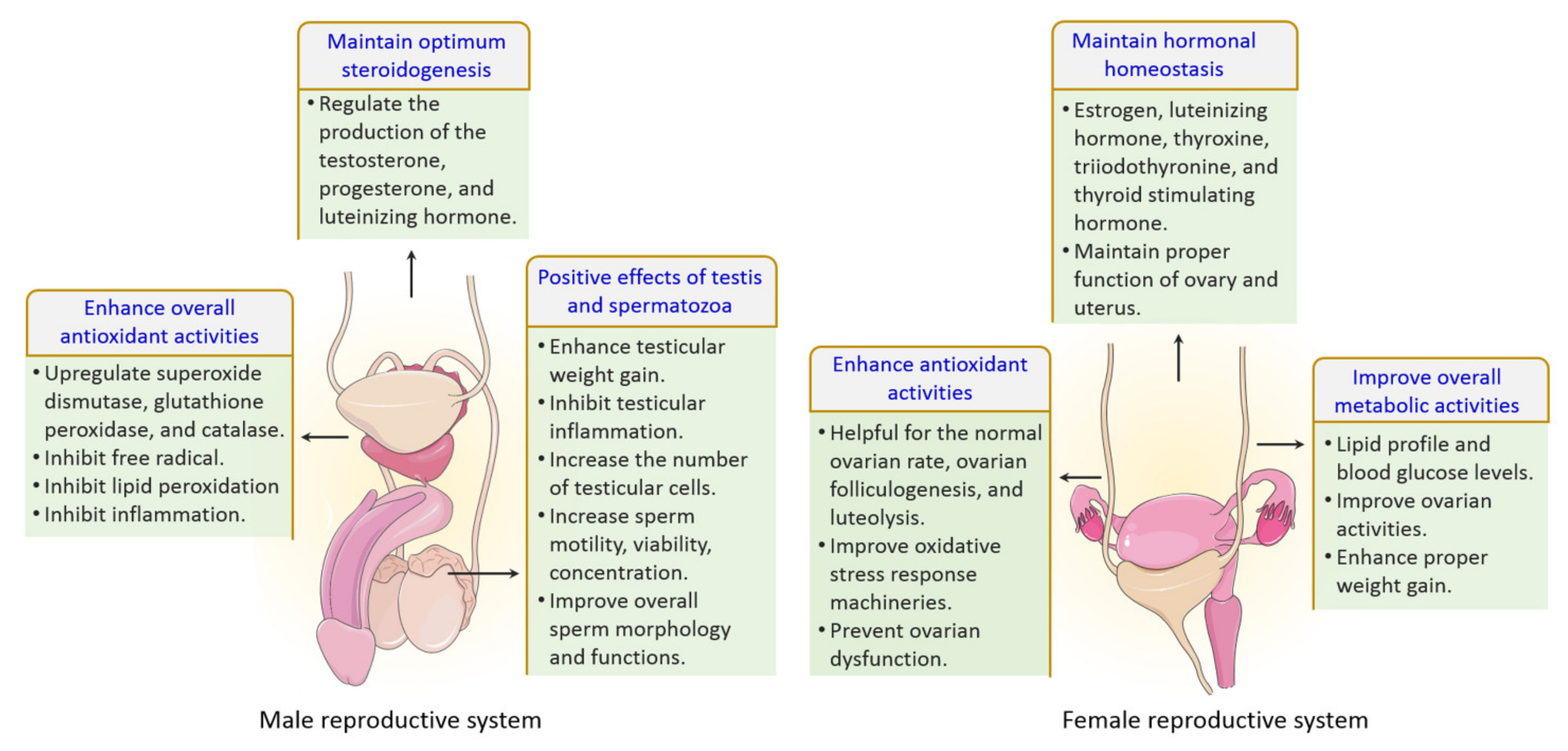
For anyone dealing with discomfort—whether chafing, mild redness, or just boring dryness—black seed oil on genitals (again, diluted!) gets called out in men’s forums as a calming, non-greasy way to support healing. A little humor: One guy joked it was like “WD-40 for my birthday suit… in a good way.” Use that visual as you wish.
Trying to Conceive? Let’s Get Personal.
If you and your partner are playing the fertility lottery, every tip feels precious—and every side effect from regular meds is just exhausting. One little study split up men with crummy sperm counts; half got black seed oil, half got boring placebo oil. Two months later, guess which group had higher sperm count, motility, even better sperm shapes? Yup—the black seed oil crew based on this evidence. And there were zero reported side effects.
Honestly, if you’re on this journey, experimenting with black seed oil (yes, talk to your doc) could be a gentle, no-pressure nudge—whether you use it topically, or take it orally in small, safe doses. The stress relief alone might help more than you think.
Applying Black Seed Oil—Let’s Get Real
So: you’re curious, but not reckless. Totally fair. Here’s how most people start with black seed oil on genitals—no fancy kits needed.
First: patch test. Dab a diluted drop on your inner arm. Wait 24 hours. No itch? You’re good to go.
Second: Always use a carrier oil (coconut, sweet almond, maybe olive—something you already trust near delicate skin). Try one part black seed oil to three parts carrier. Seriously, don’t skip this step.
Third: Start small—pea-sized or smaller, and keep it external at first. For women, think outer labia or nearby skin; for men, wherever you get dry or irritated (but don’t slather it everywhere). Wait. See how it feels after a few hours—or overnight—before repeating.
Fourth: Listen to your body, not TikTok. If anything feels off—heat, burning, stubborn itch—baseline is stop, wash with mild soap, and let it go.
Any Stories from the Trenches?
Sarah—the friend I mentioned at the start—patched-tested for three days before bravely testing “down there.” She started at night (life hack for shy product experiments). By week two? She said the dry, papery feeling finally faded. “I didn’t get instant fireworks, but I got my confidence back… and that mattered most.”
Another (male) friend sheepishly shared he used it during a rough patch of eczema on inner thighs. “It felt calming and eased the redness. For the first time, I didn’t wake up scratching. That’s all I care about.”
The Downside: Side Effects, Cautions, and Real Talk
Okay, quick detour: Not everything that glitters in herbal land is gold. Some folks are super sensitive (lookin’ at you, allergy-prone crew). Rarely, people report tingling or mild irritation—usually due to overuse, skipping the carrier oil, or just having sensitive skin.
The good news? Serious side effects are rare. Still, take a sec to check out some helpful resources on Black seed oil side effects before you go all-in, especially if you’re on other meds or have a funky medical history.
And if you have kidney issues? Definitely give this one a look: Black seed oil side effects kidney. There’s some early research suggesting black seed oil is gentler than many pharma creams—especially for external use—but it pays to check first.
Table: Quick Pros and Cons
| Upside | Downside |
|---|---|
| Anti-inflammatory (calms redness & itch) | Potential for mild irritation or allergy |
| Natural (no scents, dyes, or parabens) | Needs proper dilution & patch test |
| Possibly supports hormone balance | Little research on long-term, daily use |
| Affordable and easy to find | Don’t use if skin is broken or infected |
Do’s, Don’ts, and Warm Nudges
Let’s land the plane, friend. If you’re thinking about black seed oil on genitals, remember a few simple rules:
- Always dilute with a safe carrier oil first.
- Patch test before you get wild.
- Less is more—seriously, it’s not a cooking contest.
- Keep it external only (no internal use unless your doctor is cheerleading you from the sidelines).
- If you’ve got big health stuff going on (kidney disease, skin allergies), poke around more about Black seed oil side effects and Black seed oil side effects kidney first.
Let’s Wrap This Up: Worth It?
If you’re still reading… you’re my kind of person. Here’s what matters: black seed oil on genitals isn’t a cure-all, and yes—you’ll still want to wash your underwear and eat your veggies. But for so many everyday folks craving a gentle, natural option for dryness, irritation, or even a little confidence-reboot in the bedroom, this oil can offer surprisingly real comfort.
Listen to your body—your real-life results may be different than Sarah’s, or mine, or the researchers’. Don’t be afraid to try new things carefully. Maybe this is the simple step toward feeling just a bit more “like yourself” again. And how nice is that?
Your next move? Experiment (safely), ask questions, and keep checking in with yourself. Wellness is a winding path… and it gets a lot less awkward when we walk it together.
What do you think—is this ancient remedy worth a try? I’d love to hear your story, too. Until next time, stay curious—and be kind to your body!

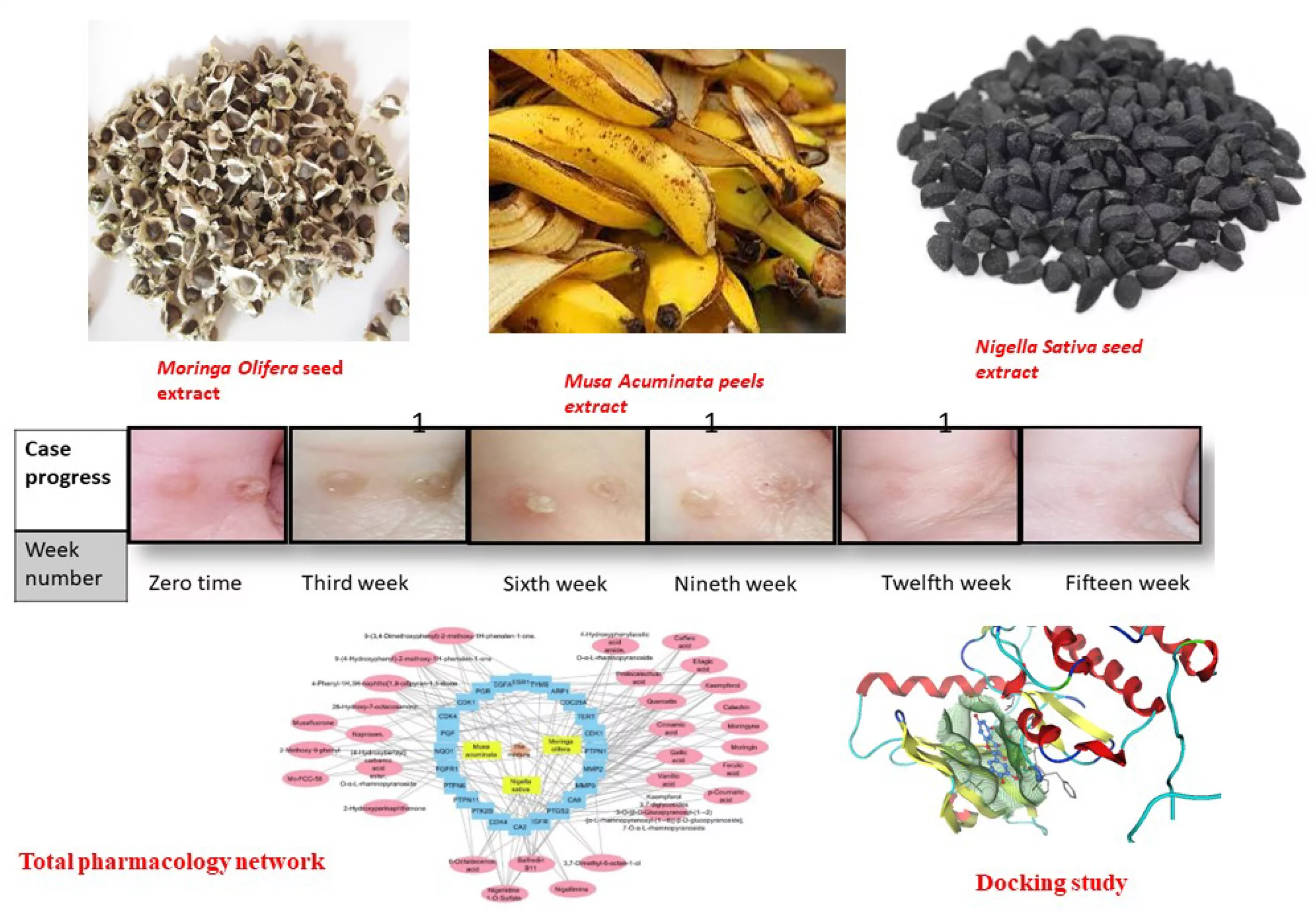





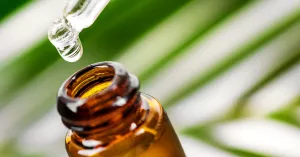


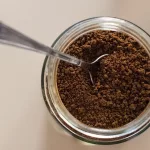



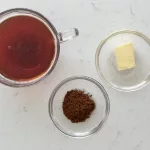










Leave a Reply
You must be logged in to post a comment.